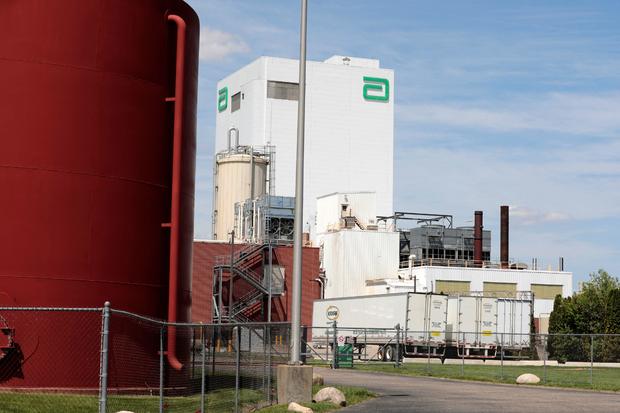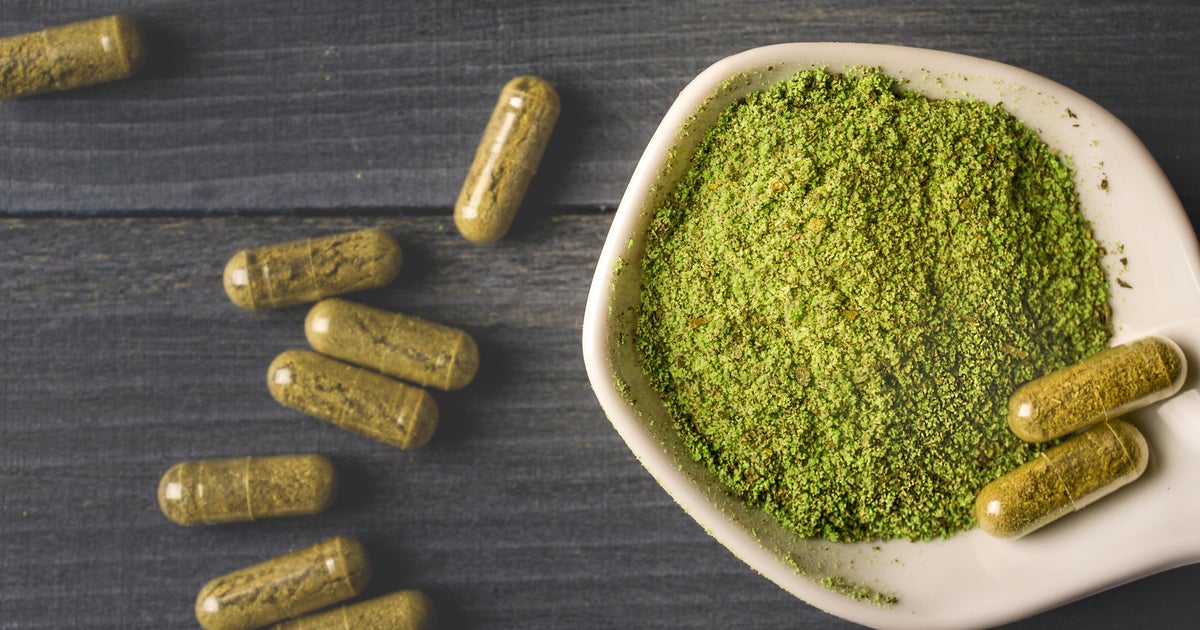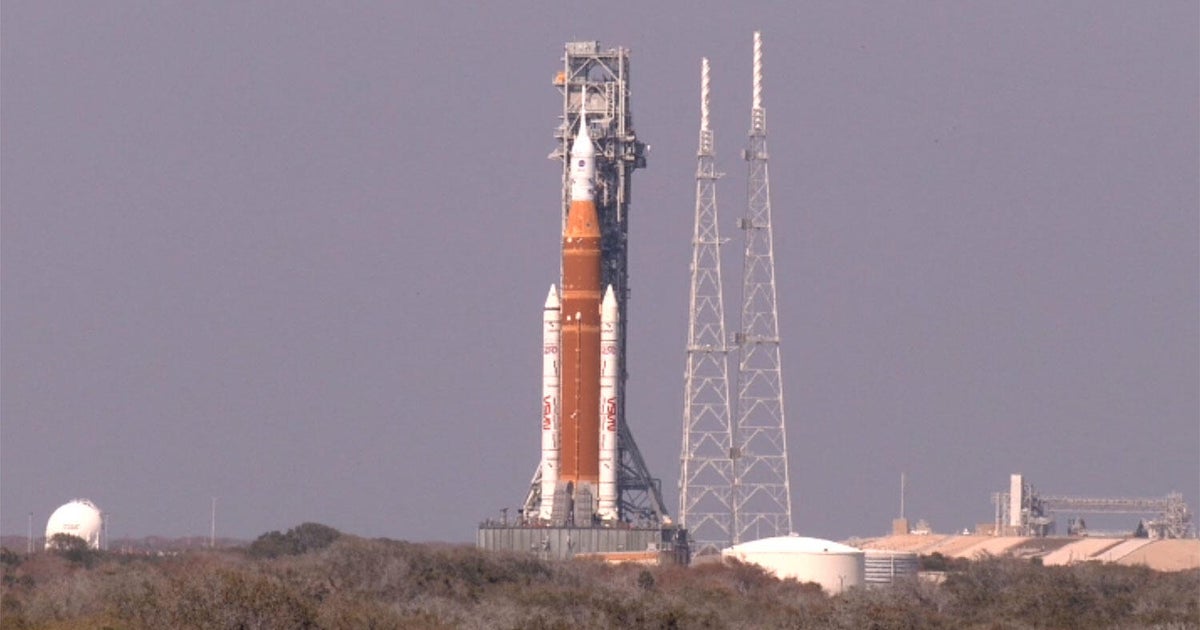Abbott, baby formula company whose plant shutdown led to shortage, restarting production
Baby formula maker Abbott Nutrition said Saturday that it is restarting production at its Michigan plant after meeting requirements from the FDA.
The plant shut down in February after FDA inspectors began investigating four bacterial infections in infants who had consumed formula from the plant. As baby formula supplies dried up nationwide and under pressure from the White House, Abbott entered a consent decree with the FDA that laid out the steps needed to resume production at the facility.
Abbott said it will start production of EleCare and other specialty and metabolic formulas and the initial product release to consumers is expected to begin on June 20. But the production of Similac and other formulas is still on pause, Abbott said.
Abbott said it would "ramp production as quickly as we can while meeting all requirements."
But the reopening of the plant isn't an immediate fix to the shortage. Since the speciality and metabolic formulas are initially being prioritized, that will be distributed through health care providers — not stores.
Almost 74% of store shelves are empty, and 10 states are 90% out of baby formula, according to Bloomberg.
While supply chain delays amid the COVID crisis and the war in Ukraine contributed to the shortage, product shortages reached crisis levels in February, and the shutdown of the Abbott plant caused it to reach crisis levels in May. President Joe Biden announced on May 18 that he would be invoking the Defense Production Act to produce more formula and would be flying formula in from overseas as part of "Operation Fly Formula."
Abbott was noticeably absent from a White House event earlier this week on the baby formula shortage. Robert Cleveland, senior vice president at baby formula maker Reckitt, said they knew "from the very beginning this would be a very serious event."
Biden said at that event that he was informed of the shortage in April.








